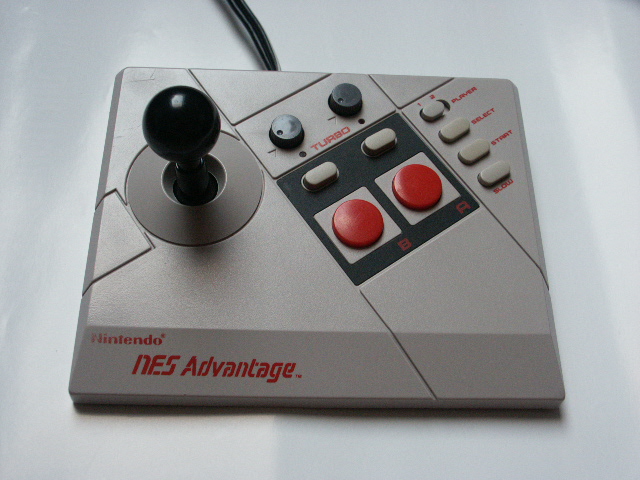|
RolStoppable said:
Yes, the Wii isn't a revolution, but it doesn't have in order to be a blue ocean product. I was merely responding to your claim that the NES controller wasn't a revolutionary differentiation.
You should really read the book. Perhaps I should read it again to refresh my memory.
The blue ocean strategy worked for the Wii. It doesn't require other companies to go out of business, just positioning yourself in uncontested marketspace where you can be highly profitable. Because the nature of the red ocean is that profit margins get slimmer over time and eventually pushes out financially weak companies.
|
I certainly should read it.
@bold. By that definition, the PS1 is blue ocean. It positioned itself in uncontested marketspace and became highly profitable. And the PS2 even more so. I do want to understand and follow a more comprehensive dialogue. Let's mull over this stuff and find middle ground. I don't like fighting with you.
The funny thing about this definition of Blue Ocean is that the outcome defines the intent. But by definition a strategy is a course of action intended to meet an outcome.
So, ultimately, by these definitions, in hindsight, one can come in and say this or that strategy was blue ocean, and it ends up really meaning nothing at all. In other words, is it the means or the end that matters? If the end testifies of the means, that is very tricky, since we've seen many cases where the ends were not representative of the potential of the means, especially with other factors taken into account.
I personally prefer defining blue ocean as the position itself, where no competitors lie. It makes much more sense to me, and is a much more invaluable concept.



















































